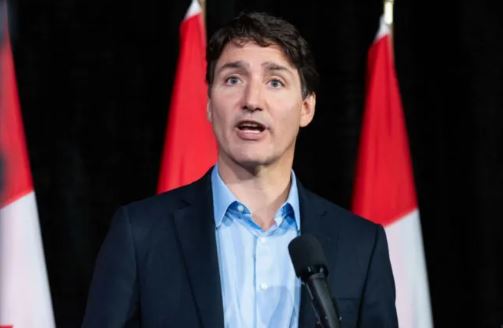Canada’s Prime Minister Justin Trudeau has unveiled a significant shift in the country’s immigration policy, aiming to reduce the influx of low-wage, temporary foreign workers and permanent residents. This announcement, made during the second day of a cabinet retreat, comes as Canada faces mounting pressures from a rapidly growing population, strained housing market, and strained public services.
Canada has experienced substantial population growth, with nearly 97% of it driven by immigration over the past year, according to federal statistics. This growth has intensified scrutiny of the government’s approach to managing immigration without corresponding increases in housing and public service infrastructure.
In his press conference, Trudeau acknowledged the challenges faced by Canadians, including an unemployment rate that has recently risen to 6.4%, with approximately 1.4 million people unemployed. He emphasized that the current temporary foreign workers program needs reform to address both the needs of Canadian job seekers and the conditions faced by foreign workers.
The Temporary Foreign Worker Program, which allows employers to hire foreign nationals for temporary positions when local talent is unavailable, has been criticized for allowing exploitation and mistreatment. Recent reports by the UN have labeled the program as a “breeding ground for contemporary forms of slavery,” highlighting issues such as underpayment and abuse. The program’s use surged post-pandemic, with nearly 183,820 permits granted in 2023—a significant increase from previous years.
To address these concerns, the Canadian government plans to implement several key changes. Starting September 26, 2024, the new policy will include a reduction in the allowable share of low-wage temporary foreign workers from 20% to 10% of the overall workforce. The policy will also restrict the issuance of work permits in regions with an unemployment rate of 6% or higher, with specific exemptions for seasonal agriculture, construction, and healthcare sectors.
These changes align with earlier indications from the government about reducing the overall number of temporary residents, including foreign workers, international students, and asylum seekers, marking a historic shift in Canada’s immigration strategy.
Trudeau’s administration faces the challenge of addressing both the economic pressures on Canadian workers and the humanitarian concerns surrounding the treatment of foreign workers, as it implements these sweeping policy adjustments.







